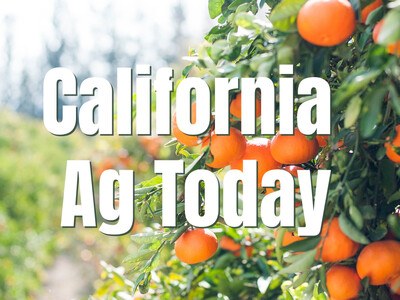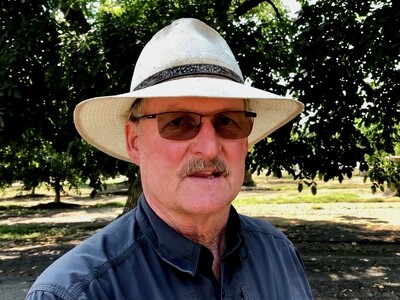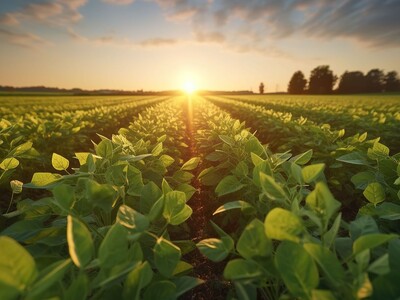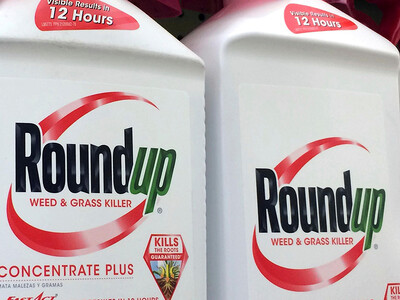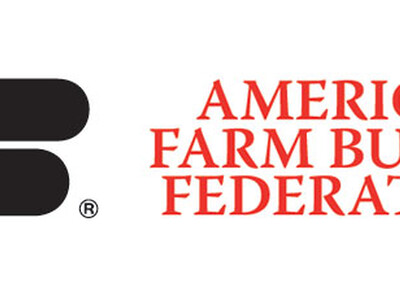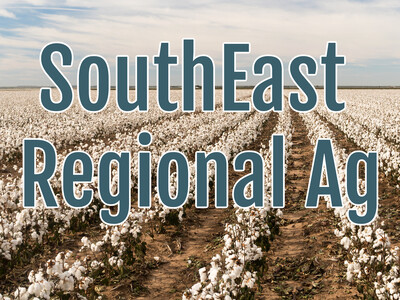Garlic Gods
A small, family-owned farm near Rupert has found its niche supplying disease-free garlic seed to people around the United States.Clove by clove, Garlic Gods has built up a customer base across the United States that includes home gardeners as well as some other growers.
The fifth-generation farm is owned by Geoffrey and Jana Yockey, who bought a small amount of acreage from Jana’s father in 2018.
With limited acreage remaining from the original homestead, Jana says they had to be strategic in choosing their crop.
“We tried a bunch of different stuff – farmers markets, we had a greenhouse, we tried tomatoes – in the first year,” Jana says. Then a friend introduced them to them to someone who grew garlic seed and was on the verge of retiring.
“We bought a bunch of seed from him and that’s how we started,” Jana says.
This is how the 100-year-old farm went from homestead to seedhouse and it is now one of a handful of garlic farms in Idaho.
“Garlic was the perfect fit,” says Geoffrey. “It thrives in our high desert climate, requires careful stewardship, and it’s something we’re deeply passionate about.”
Jana believes one thing that makes the farm stand out is its customer service. She always has her phone with her and welcomes and encourages customers to call with any questions.
She says a lot of customers are first-time gardeners and they have basic questions.
“If they have questions, we’re going to answer them to the best of our ability,” she says. “I think the fact that we talk to people is a huge thing and part of what makes us unique.”
“My husband was a chef for 20-plus years and I used to work in restaurants and customer service is huge for me,” Jana adds. “When I go places and people just ignore you, it bothers me. I would say customer service is our No. 1 priority.”
The farm also offers educational content on social media and its website to support new growers and encourage seed-saving practices.
Another main asset for the farm is that its garlic seed is certified disease-free.
That’s because it is located in a federally quarantined Allium White Rot Protection Zone, which in Idaho helps protect the state’s large and established bulb onion industry.
The zone, which encompasses 21 counties in Idaho, includes anything in the onion family, including garlic, which potentially could be a carrier of white rot, which would be bad news for onion farmers.
Because it’s in the quarantine zone, the farm’s garlic seed is inspected annually by the Idaho State Department of Agriculture to ensure it’s disease-free. This provides customers with peace of mind, especially to those who rely on clean, viable seed stock, and is a big asset selling point for the farm’s garlic seed, Jana says.
“The fact that we have the quarantine and get all those inspections is huge,” she says.
Garlic Gods grows 15 certified garlic varieties – there are about 600 varieties of garlic – that are shipped to customers in all 50 states. Jana says each variety offers different characteristics in flavor, storage life, and growing conditions, “appealing to everyone from backyard gardeners to market growers and Community Supported Agriculture farmers.”
The farm sells mostly online but also sells to garden centers around Idaho.
“Basically, we’re just cutting out the middleman by selling directly to consumers,” Jana says.
She says people usually plant garlic in the fall and harvest it in the late spring or early summer, depending on where they are located. “Garlic likes cold. That’s why you plant it in the fall.”
The Garlic Gods farm encompasses 55 farmable acres and 5.5 acres of it are planted to garlic this year.
“We can grow a large volume on small acreage,” Jana says. “We planted 7 acres to garlic last year, but it was too much … so we baked it off a little.”
The rest of the farm is planted to cover crops and the garlic acreage is on a 5-year rotation before it goes back into the same spot.
This helps maintain healthy soil, which is extremely important to Garlic Gods, Jana says.
“For us, the better the health of the soil, the bigger the bulbs will get,” she says. “And the bigger the bulbs are, the more people want to plant it.”
Jana says the farm follows organic practices – it uses no synthetic fertilizers, pesticides or herbicides – though it’s not certified organic by USDA.
Jana and her husband are basically a two-person operation and they personally handle every stage of production: planting, weeding, harvesting, curing, grading, packing, and shipping. They do bring in some help for the harvesting and cleaning part.
After harvest, the garlic is tied into bundles, hung over racks and cured for 4-6 weeks before the stems and roots are cut off.
“Then we take the outer layer of paper off and it takes all that dirt off and then you have a nice, clean garlic bulb,” Jana says. “Then we bag it and ship it across the country.”
The garlic clove is the seed.
The farm’s garlic is sold for seed but if someone has extra that they can’t plant, it’s fine to eat it.
Jana says she often gets asked about what fertilizers the farm uses. Before they plant in the fall, they bust their garlic into individual cloves and then soak them in a mixture of vodka, baking soda and water.
“If there’s anything on the garlic at all, it will kill it,” she says.
The cloves are then taken out of this mixture and put into a fish foliar mixture that stimulates the roots to start growing.
“A lot of times, if we soak our garlic today and we plant tomorrow, there are already little roots growing because that fertilizer kick-starts it,” Jana says.
The farm ships garlic seed from September through December.
For more information about the farm or to place an order, visit www.garlicgods.com or call (208) 260-8966.






